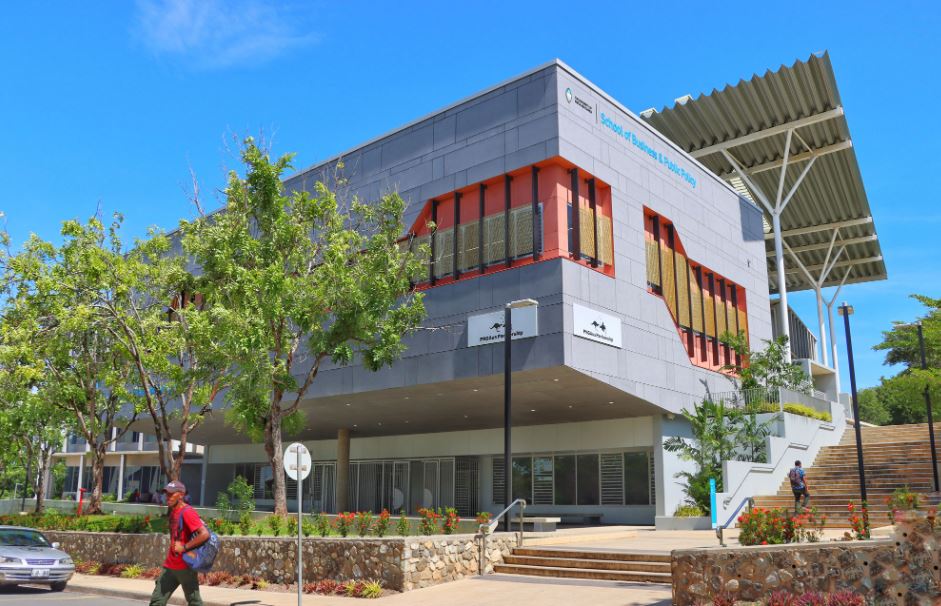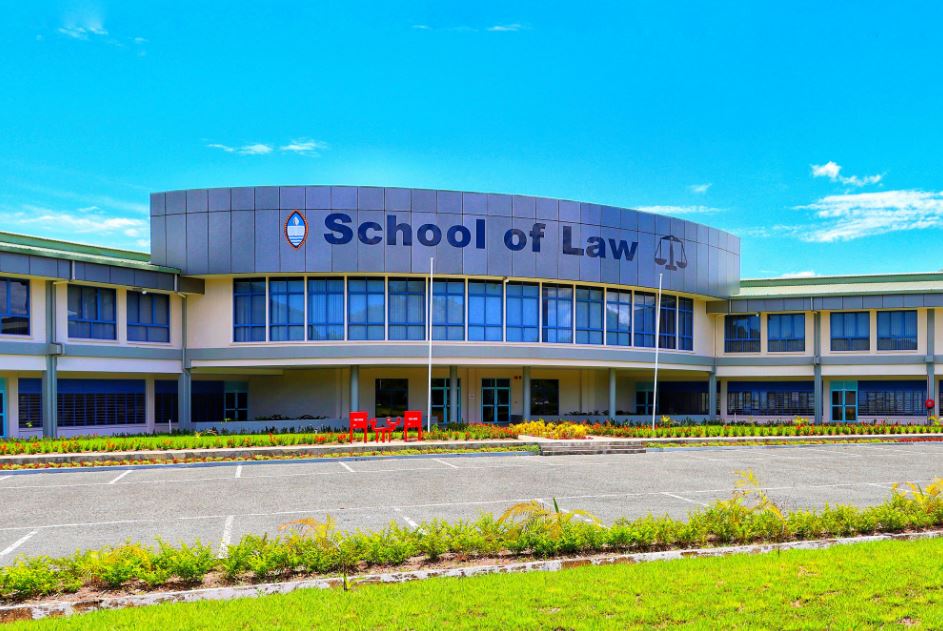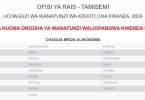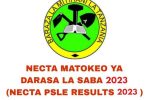Upng Second Semester Application 2022
VERY IMPORTANT:
Applications are now being accepted for upng Second Semester Application 2022, and they will be accepted until May 30, 2022.
Candidates who dropped out of the University of Papua New Guinea or were kicked out for academic or disciplinary reasons can apply to get back in.
It is important to email your School Executive Officer a copy of your withdrawal letter, letter of exclusion for academic or disciplinary reasons, and your current transcript when you are contacted. Re-enrollment is not automatic, and each school has its own rules about how it works.

Before you apply online, you must deposit K20 into the UPNG General Account No: 1000583572 BSP, (WAIGANI).
All applications must be sent in by May 30, 2022, at the latest.
Before you fill out an upng Second Semester Application 2022 online :
- Before you try to fill out this online application, you should have a Google account (Gmail). To fill out this online application, you will need to sign in with your Gmail account.
- You can only send in one application to join the Program again after dropping out or being kicked out.
- In this application, you will need to upload a scanned copy of the receipt for the application fee. So, scan the receipt for the fee before you fill out this online application form.
Brief History of the University
In 1964, the Australian government established the Currie Commission to investigate the state of higher education in Papua New Guinea. In 1965, as a result of this study, the then-House of Assembly established the University as a legal entity under The University of Papua New Guinea Ordinance. In May of 1983, the 1965 Ordinance was repealed, and the National Parliament passed The University of Papua New Guinea Act No.18 of 1983.
The University was controlled by an Interim Council from 1965 until December 1968, when a permanent Council was created.
Following a period of student unrest, the University Ordinance and its related Statutes and Bylaws were reviewed in 1978. As a result, a Commission of Inquiry was established to investigate the issues and determine if the existing legislation was adequate to address them. Ultimately, the Commission recommended the repeal of the 1965 Ordinance and the enactment of a new Act in its place.
In May 1983, the National Parliament passed a bill to repeal the old Ordinance and establish the new University Act following extensive research. The University Council was restructured by the new Act. The current membership consisted of 32 individuals, including representatives of the National Parliament elected by it, members nominated by the Minister and appointed by the Council, elected representatives of the academic and non-academic staff, appointed representatives of university graduates who are neither employees nor currently registered students, appointed members from affiliated institutions, and elected representatives of full-time students.
After a decade of planning, another reorganization was drafted to implement extensive changes to academic programs and the administration. In June 2000, the National Parliament passed a bill amending the University Act (Chapter 169) and its Statutes to facilitate the implementation of the new restructure.
The implementation of the reorganization began on January 15, 2001, following Council approval. At the time, the existing academic departments and faculty structure were eliminated and replaced with a school structure. Separate school offices were built to support their respective Strands. The objective of the reorganization was to improve the University’s operations by encouraging multidisciplinary and interschool ties in the interest of teaching, research, scholarship, and service. Additionally, the Institute of Distance and Continuing Education was renamed the Open College.
Produced Prominent Personalities and National Leaders: The University of Papua New Guinea (UPNG) has a rich history of producing prominent personalities and national leaders of the country, including one Governor General of PNG, four Prime Ministers, including the current Prime Minister Hon. Mr James Marape, State Ministers, two Chief Justices, three Chief Ombudsmen, five Governors of the Bank of Papua New Guinea, two Chancellors, Vice-Chancellors, and Heads of National In addition, UPNG has produced two Solomon Islands prime ministers.







